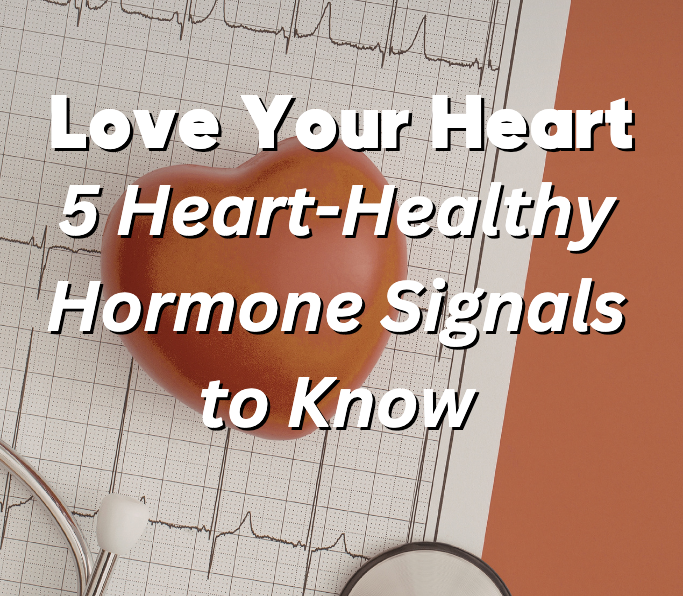Let’s get one thing straight: your body just created life. That is miraculous, powerful—and yes, completely exhausting. So why is it that after pregnancy, when you’re navigating sleepless nights, hormonal shifts, and healing, you’re also expected to “bounce back” like nothing happened?
Here’s the truth most people won’t tell you: postpartum weight loss isn’t about willpower—it’s about hormones. Estrogen, prolactin, thyroid hormones, and your metabolism are in the middle of a massive recalibration. And your body isn’t broken. It’s just trying to find a new normal.
Let’s unpack what’s going on behind the scenes.
Estrogen: From High to Low—and the Crash That Follows
During pregnancy, your estrogen levels soar to support the baby’s development. But after delivery? Estrogen plummets. This sudden drop can trigger fatigue, mood swings, and a sluggish metabolism, making weight loss feel impossible.
Low estrogen also impacts insulin sensitivity and fat distribution. That stubborn belly fat? It’s often tied to this post-baby estrogen drop, especially when it lingers longer than expected.
And for many women, perimenopause overlaps with postpartum—hello, double whammy of hormonal chaos.
Prolactin: The Milk-Making Hormone That Affects Your Metabolism
If you’re breastfeeding, your prolactin levels stay elevated, which is essential for milk production, but not great for weight loss.
Prolactin can suppress ovulation (hello, missed cycles), increase appetite, and encourage fat storage. This is your body’s natural way of making sure the baby has enough nourishment. It’s wise, protective biology—but it can also leave you wondering why the scale won’t move, even if you’re doing “everything right.”
Spoiler alert: your body is prioritizing milk over metabolism, and that’s not a failure. It’s biology.
Thyroid Hormones: The Unsung Heroes (or Hidden Saboteurs)
Postpartum thyroid issues are more common than most women realize. Some develop postpartum thyroiditis, where inflammation causes an initial spike in thyroid activity (hello, weight loss and anxiety)—followed by a sudden drop into hypothyroidism (fatigue, depression, weight gain).
Even without a full-blown thyroid condition, many women experience mild thyroid dysfunction after birth. This slows metabolism, messes with energy levels, and makes weight loss feel like an uphill battle.
If you’re dragging through the day, gaining weight despite clean eating, or just feel off, your thyroid could be waving a red flag.
Metabolism After Pregnancy: Slower, Smarter, and in Survival Mode
Your body has just run the ultimate marathon. After delivery, it switches into recovery and survival mode, not bikini-body mode. Hormonal shifts affect everything from blood sugar regulation to cortisol levels to how your body uses fat for energy.
Sleep deprivation only adds to the metabolic chaos. Poor sleep raises cortisol, increases hunger hormones (like ghrelin), and lowers satiety hormones (like leptin). That’s why you’re ravenous at 2 a.m. and reaching for carbs.
The weight isn’t “stubborn.” Your body is smart, and it’s protecting you as you recover.
So What’s the Solution? Grace + Strategy
You don’t need another diet. You need data. Comprehensive hormone testing—including estrogen, thyroid panels, prolactin, and cortisol—can give you the full picture of what’s going on.
At EVEXIAS, we don’t guess—we test. We can create a root-cause, bioindividual plan to support your metabolism, balance your hormones, and gently guide your body back into fat-burning mode when it’s ready.
Remember: postpartum isn’t just a phase. It’s a transformation. Give yourself grace, seek real answers, and trust the process. Healing comes first. The rest will follow.






